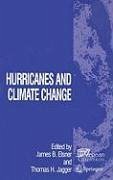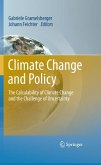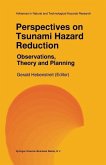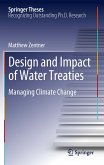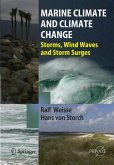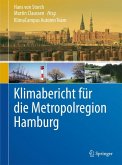This book is a sample collection of papers from talks that were presented. The chapters are organized around the broad hurricane-climate themes of empirical evidence, statistical methods, and numerical models. A major focus of the conference was the importance of statistical models for understanding how hurricane activity is changing and may change in the future. Emphasis was also placed on evidence of low-frequency swings in hurricane activity using historical and geological records. Results from various high-resolution numerical models, including a 20-km mesh model, were consistent in showing stronger hurricanes in a warmer future. Most numerical models indicate an overall decrease in the number of storms attributable to greater atmospheric stability and to a decrease in vertical mass flux.
This book is unique in its scope drawing from an international community of scholars in the field of hurricane climate science. The science addresses a variety of perspectives ranging from the microphysics of lightning to geological evidence of prehistoric storminess.
Dieser Download kann aus rechtlichen Gründen nur mit Rechnungsadresse in A, B, BG, CY, CZ, D, DK, EW, E, FIN, F, GR, HR, H, IRL, I, LT, L, LR, M, NL, PL, P, R, S, SLO, SK ausgeliefert werden.

